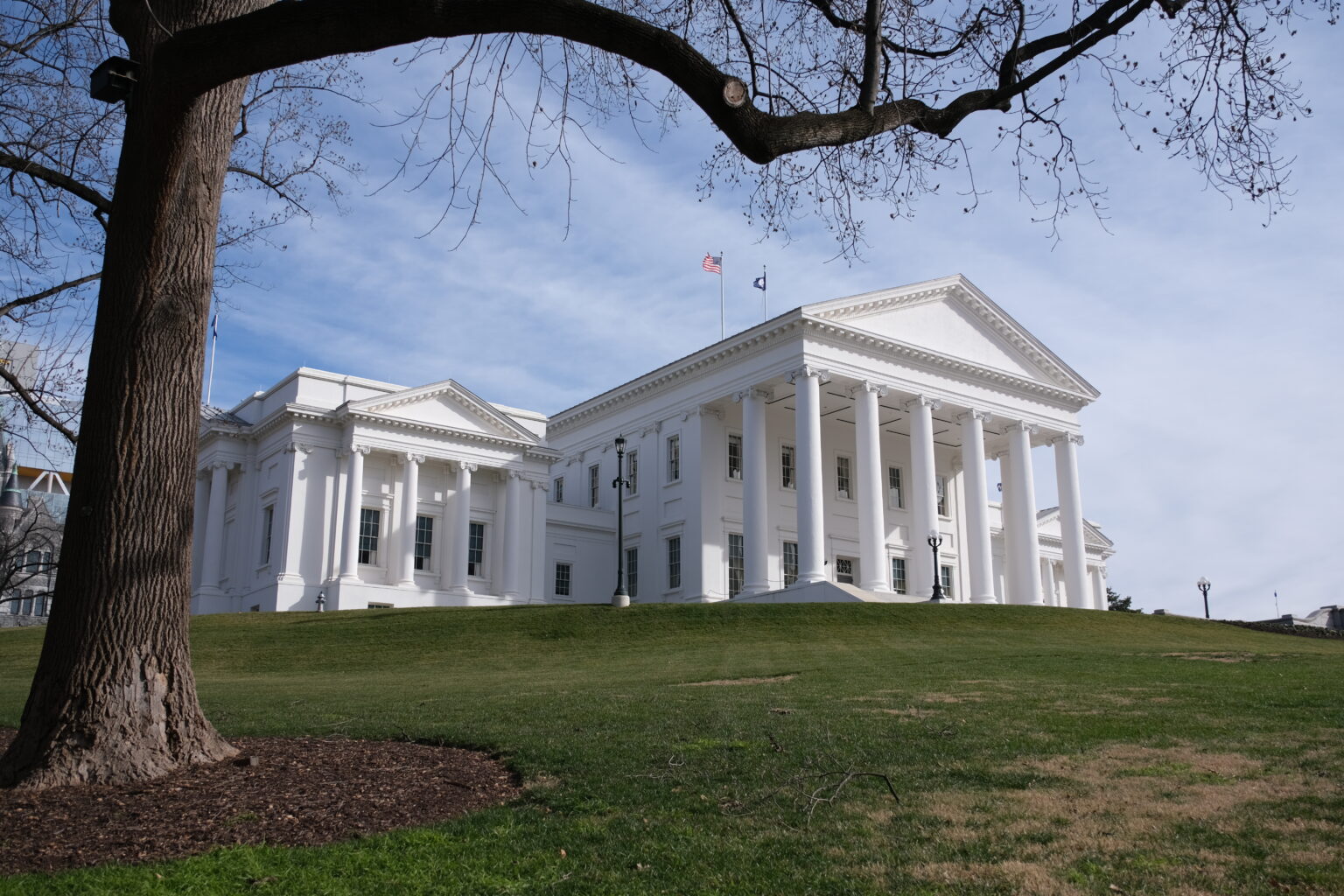15:53
Commentary
Commentary
Diversity must be more than skin deep in Virginia’s 2024 legislature
This session, Virginia’s General Assembly has the chance to not just display historic levels of diversity but to advance its benefits legislatively.
If you grew up in Virginia and attended schools here, like me, you’d likely agree with a fact that I picked up on before my elementary days were done: our state’s political and social origin stories always had white men as protagonists.
From John Smith and the colonists who carved out the first permanent English settlement in North America, to the burgesses who enacted the first representative government in the country, to our first president George Washington to other founding fathers like Patrick Henry and Thomas Jefferson, we were taught to revere all these caucasian males as courageous pioneers of a new world order named America.
We celebrate one 1619 moment in history; another, we try to bury
Untold and uncelebrated, until very recently, were the stories of our nation’s birth and evolution that featured people who looked like me and my family, Black people whose sacrifices, smarts and strengths built a solid foundation for the country and then carried it forward on their backs. Instead, these people were cast as minor supporting characters in the Virginia story, often nameless beyond the inherently degrading title of “slaves.”
The ones whose names we will never know — including most of the first Africans who landed on Virginia’s shores and were cast into a life of forced servitude and the millions of Black Virginians whose enslavement stretched across almost 250 years — far outweigh the few whose names we do: Anthony and Mary Johnson, who were brought here in 1620, eventually worked their way out of slavery, became landowners and raised free children; Elizabeth Key, who in 1656 set a precedent as the first Black female Virginian to sue for her freedom and win it; Nat Turner, a 19th century enslaved preacher and Southampton County freedom fighter; and select others whose names and deeds are usually relegated to Black History Month.
It was all the more momentous to me, then — a seventh generation Black Virginian descended from enslaved people and freedmen in Hanover County — to see history made this week by Del. Don Scott, who became the first-ever Black speaker of Virginia’s House of Delegates when the legislature opened Wednesday. His words upon his ascension both hearken back and press forward.
“Every time I look around this room I see this: I see the ghosts of those people who worked here, those Black folks who were enslaved here, whose dignity and humanity was discounted right here in this room. I see those people. And I know we, not just I, we carry their hopes and dreams.”

Scott is a husband, father, son, attorney and a former federal prison inmate. Some would say he’s an unlikely hero in Virginia’s story — which, after 400 years, is still being written — only now with more than just white men as the central stars. Scott is one member of arguably the most racially diverse Virginia General Assembly since Reconstruction, evidenced by a record number of Legislative Black Caucus members, composed of 32 elected leaders in the House and Senate. There are also more women serving in the statehouse, too, with 15 women in the Senate, the most ever. Additionally, this session saw the first Bangladeshi-American and first trans Virginia senators sworn in.
All of this shows that we’re living in transformative times; Black Virginians and others of color now see themselves reflected in state politicians who champion policy and issues that impact their daily lives. All this, even as diversity has become a bad word, depending on who you ask.
If we truly believe in the founding ideals of liberty, justice and freedom that undergird our nation, we can’t focus only on Virginia’s historic firsts without a mind to protect the progress they represent.
There’s a very real and sustained effort to censor and diminish Black history education in America right now, and Virginia school districts are at this moment removing books by Black authors from library shelves, and ones that broach sexuality.
Affirmative action, once rightly seen as a tool to ensure non-white people had a fair chance to enter institutions of higher learning, was slain by the Supreme Court last year.
Diversity, equity and inclusion considerations and programming were declared “dead” by a member of Virginia Gov. Glenn Youngkin’s administration last May; the governor himself has shunned the word “equity” and the teaching of uncomfortable truths to Virginia schoolchildren throughout his administration.
Critical race theory critics want students to be ignorant about race, history
Womens’ reproductive rights have been in conservative crosshairs since the high court struck down Roe v. Wade and ignited an abortion firestorm that’s yet raging all over America.
As Texans fight for life-saving abortions, don’t take our reproductive rights for granted, Virginia
This session, Virginia’s General Assembly has the chance to not just display historic levels of diversity but to advance its benefits legislatively. Measures that promote the growth of Black and minority businesses, align Virginia law with federal recognitions of Virginia Indian tribes, order a study on artificial intelligence to prevent the technology from contributing to discrimination and enable equitable AI algorithms, enshrine reproductive rights including abortion into the state’s constitution, require Board of Medicine-certified professionals who care for pregnant people receive implicit bias and cultural competency training and other bills are up for debate in the Senate and House until March.
Each one represents a chance to author a more inclusive narrative of the commonwealth and to ensure all its citizens have an opportunity to be governed by a legislature that’s historically diverse and progressive, in appearance, words and deeds. Virginia’s story, our story, continues.
Our stories may be republished online or in print under Creative Commons license CC BY-NC-ND 4.0. We ask that you edit only for style or to shorten, provide proper attribution and link to our website. AP and Getty images may not be republished. Please see our republishing guidelines for use of any other photos and graphics.






Samantha Willis